Digital Content Manager
Learn about the role and responsibilities of a digital content manager.
 In this section of the Digital Business course module, we look at the role and responsibilities of a digital content manager.
In this section of the Digital Business course module, we look at the role and responsibilities of a digital content manager.
This article is part of our free content management course series where we look at various digital roles and responsibilities that a content manager may need to oversee and assume, depending on the organizational structure of the business.
***
Digital Content Manager Role
A digital content manager is a professional who is responsible for overseeing the creation and management of digital content for a brand or organization. This includes everything from website content and social media posts to email campaigns and online advertisements.
The main goal of a digital content manager is to ensure that all digital content is of high quality, relevant to the target audience, and aligned with the brand’s overall marketing strategy. To do this, a digital content manager must have strong writing and editing skills, as well as a deep understanding of the brand and its target audience.
In addition to creating and managing content, a digital content manager may also be responsible for developing and implementing a content strategy, which involves setting goals, identifying the target audience, and determining the most effective channels and tactics for reaching and engaging with that audience.
Overall, the role of a digital content manager is crucial in helping a brand succeed in the digital world. By creating and managing high-quality, relevant content, a digital content manager can help a brand effectively communicate its message to its target audience and achieve its marketing goals.
Any changes made to a website can affect its content (e.g. articles and links can be moved and broken). Web content managers are responsible for keeping a website running smoothly, publishing web content, keeping content up-to-date, and tracking important data about user behavior to help drive new marketing efforts.
Digital content managers need to be highly organized to manage content across different platforms and keep content continually updated and relevant. They work with web content management systems to edit content, track changes in content, and check that all links are working correctly.
Digital content managers also work with a variety of content creators and marketers to build up the digital content of a site, track which products sell, and why they sell and report which strategies are most successful.
Digital Content Manager Duties And Responsibilities
Duties and responsibilities of a digital content manager include:
- Keeping website content updated
- Creating web content (e.g. articles)
- Creating artwork (e.g. banner ads)
- Creating web media (e.g. videos)
- Creating publications (e.g. reports)
- Creating newsletter content
- Creating promotional materials (e.g. brochures, emails)
Digital Content Manager Role Requirements
Recruitment sites advertising the role of Digital/Web Content Manager recommend someone with experience and qualifications in communications or marketing and prior experience as content creators, running e-commerce websites, updating product pages and product descriptions, etc.
Full-time web content managers typically can expect to earn between USD$60,000 to USD$80,000 per year.
Digital Content Manager Role – FAQs
Here are frequently asked questions about the role of Digital Content Manager:
What is the role of a Digital Content Manager?
A Digital Content Manager is responsible for creating, managing, and optimizing digital content across various platforms. This includes overseeing content creation, maintaining content calendars, ensuring content quality, and driving engagement and conversions.
What are the primary responsibilities of a Digital Content Manager?
Primary responsibilities include developing content strategies, planning and creating digital content, managing content calendars, collaborating with content creators, optimizing content for SEO, tracking performance metrics, and maintaining brand consistency across digital channels.
What skills are essential for success as a Digital Content Manager?
Essential skills include content creation expertise, strong project management abilities, proficiency in digital marketing principles, knowledge of SEO best practices, excellent communication skills, attention to detail, and the ability to analyze data to inform content decisions.
What qualifications are typically required for a Digital Content Manager role?
Qualifications often include a bachelor’s degree in marketing, communications, journalism, or a related field. Previous experience in content creation, digital marketing, or content management roles is usually required. Additional certifications in content marketing or digital strategy can be beneficial.
How does a Digital Content Manager collaborate with other teams within an organization?
A Digital Content Manager collaborates closely with marketing teams, design teams, SEO specialists, social media managers, and other stakeholders to ensure content aligns with overall marketing strategies and business objectives. They provide guidance, share insights, and facilitate cross-functional collaboration.
What tools and technologies does a Digital Content Manager use?
Digital Content Managers use a variety of tools and technologies, including content management systems (e.g., WordPress, Drupal), social media management tools (e.g., Hootsuite, Buffer), analytics platforms (e.g., Google Analytics), SEO tools (e.g., SEMrush, Moz), and collaboration tools (e.g., Slack, Asana).
How does a Digital Content Manager measure the success of content initiatives?
Digital Content Managers measure success through key performance indicators (KPIs) such as website traffic, engagement metrics, conversion rates, time on page, social media metrics, and content ROI. They analyze data to track performance, identify trends, and optimize content strategies accordingly.
How does a Digital Content Manager ensure content quality and consistency?
Digital Content Managers establish quality standards, provide clear guidelines to content creators, conduct regular reviews, offer constructive feedback, and implement content governance processes. They also ensure consistency in tone, style, and branding across all digital channels.
How does a Digital Content Manager handle tight deadlines and shifting priorities?
Digital Content Managers prioritize tasks, allocate resources efficiently, and communicate effectively with stakeholders to manage tight deadlines and shifting priorities. They may adjust workflows, reassign tasks, or negotiate deadlines to ensure deliverables are met without compromising quality.
What are some challenges faced by Digital Content Managers?
Challenges may include keeping up with rapidly changing digital trends and algorithms, managing diverse content formats and channels, balancing creativity with strategic goals, overcoming resource constraints, proving the ROI of content initiatives, and effectively targeting and engaging fragmented audiences.
Digital Content Manager – Interview Questions
If you are considering applying for a role as a Digital Content Manager, here are some interview questions you may be asked:
Experience and Background
- Can you tell me about your experience in managing digital content projects?
- What types of content have you created and managed in your previous roles?
- How do you stay updated with the latest content trends and best practices?
Content Strategy and Planning
- How do you develop a content strategy for a new product or service?
- What steps do you take to ensure content aligns with the brand voice and objectives?
- How do you prioritize content tasks and projects to meet deadlines?
Technical Skills and Tools
- What content management systems (CMS) are you familiar with?
- How do you utilize data analytics to measure and improve content performance?
- What tools do you use for content creation, editing, and collaboration?
SEO and Digital Marketing Integration
- How do you incorporate SEO best practices into your content creation process?
- Can you describe a successful content marketing campaign you’ve managed?
- How do you ensure your content supports overall digital marketing goals?
Team Management and Collaboration
- How do you manage and collaborate with a team of content creators and editors?
- What strategies do you use to provide constructive feedback to your team?
- How do you handle conflicts or disagreements within your team?
For more interview questions related to the role of Digital Content Manager, see these resources:
Related Roles
Digital content managers work with people in other roles, including:
Source: https://www.marketing-schools.org/careers/digital-content-manager
Useful Resources
We recommend the following resources:
Visit our tools and resources section for additional courses, guides, and helpful tools and resources.
Other Digital Content Related Roles
Click on the links below for more information about other digital content related roles:
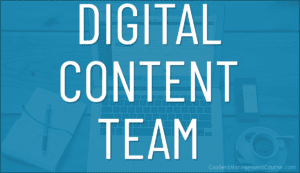
An overview of different digital team roles, responsibilities, and job descriptions.
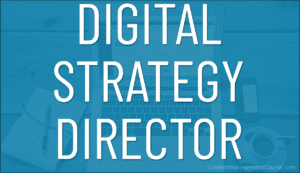
Learn about the role and responsibilities of a digital strategy director.
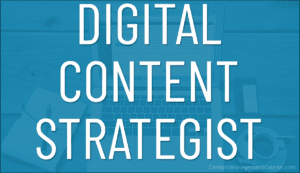
Learn about the role and responsibilities of a digital content strategist.
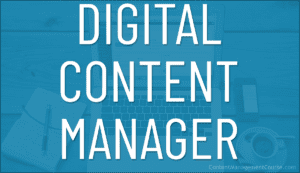
Learn about the role and responsibilities of a digital content manager.
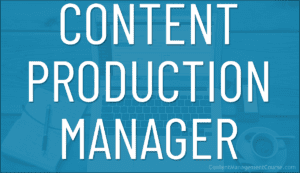
Learn about the role and responsibilities of a content production manager.

Learn about the role and responsibilities of a digital content editor.

Learn about the role and responsibilities of a digital content writer.
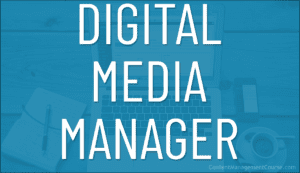
Learn about the role and responsibilities of a digital media manager.
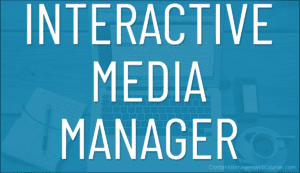
Learn about the role and responsibilities of an interactive media manager.

Learn about the role and responsibilities of an internet marketing director.

Learn about the role and responsibilities of a content marketing specialist.
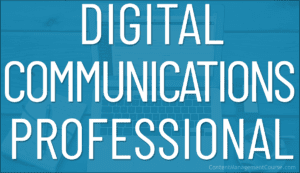
Learn about the role and responsibilities of a digital communications professional.

Learn about the role and responsibilities of a search engine marketing director.
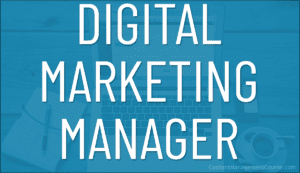
Learn about the role and responsibilities of a digital marketing manager.

Learn about the role and responsibilities of an internet marketing coordinator.

Learn about the role and responsibilities of an internet marketer.
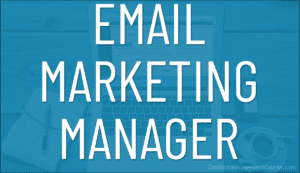
Learn about the role and responsibilities of an email marketing manager.

Learn about the role and responsibilities of a social media director.

Learn about the role and responsibilities of a social media strategist.

Here are useful resources to help you find people with the right talent and skills for outsourcing your content needs.

Learn how to start a job or career in a content-related field and where to find professional work ...
Return to our content management course outline
***
Image: Pixabay
 Your business needs content for your website pages, blog, newsletters, product descriptions, post headlines, sales copy, social media, ads, articles, promotional pieces, news releases, customer training, FAQs, forum signatures, SEO (e.g. meta descriptions), etc.
Your business needs content for your website pages, blog, newsletters, product descriptions, post headlines, sales copy, social media, ads, articles, promotional pieces, news releases, customer training, FAQs, forum signatures, SEO (e.g. meta descriptions), etc.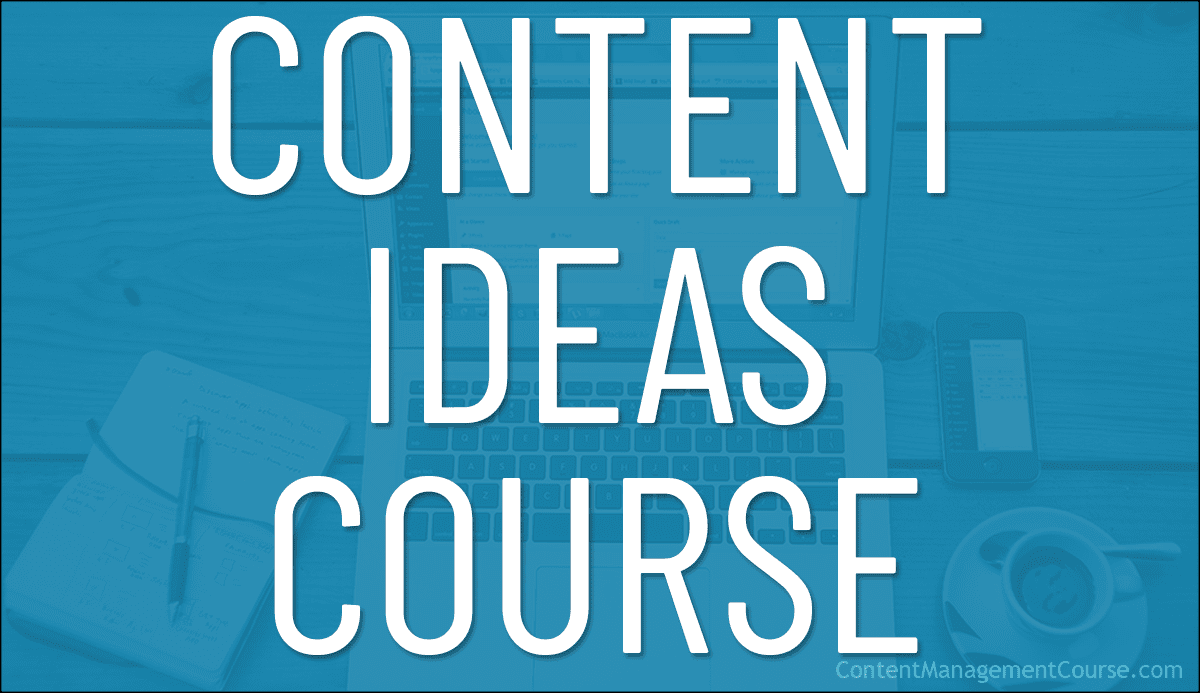
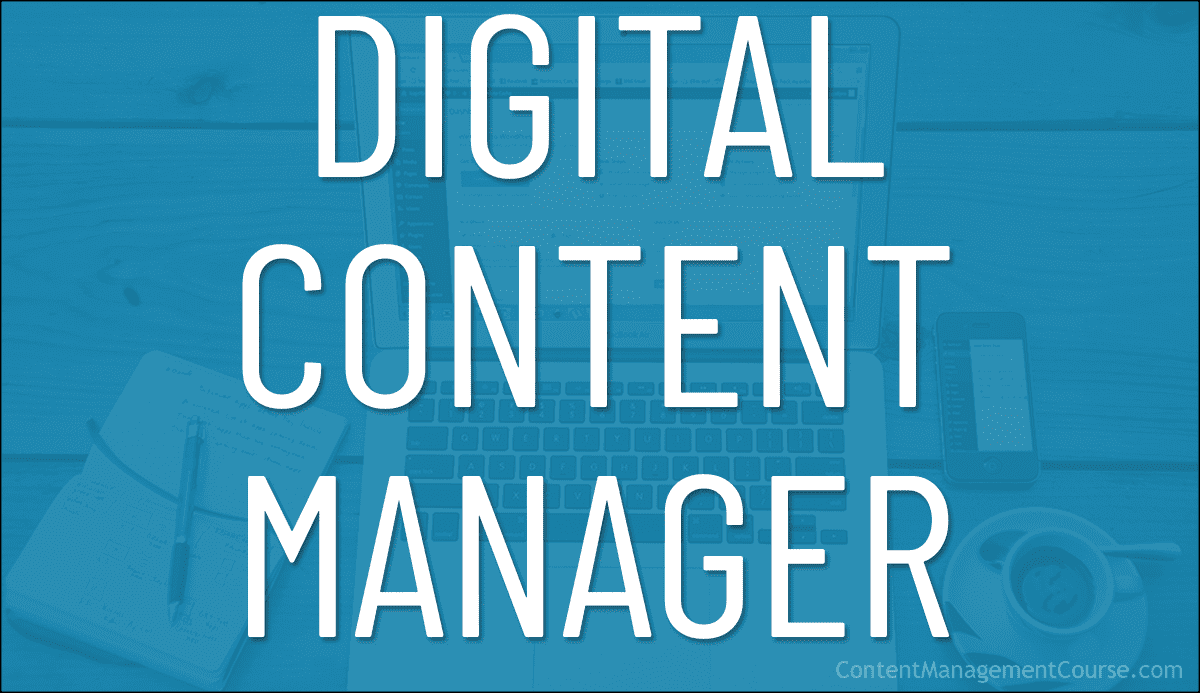
 In this section of the
In this section of the 



















